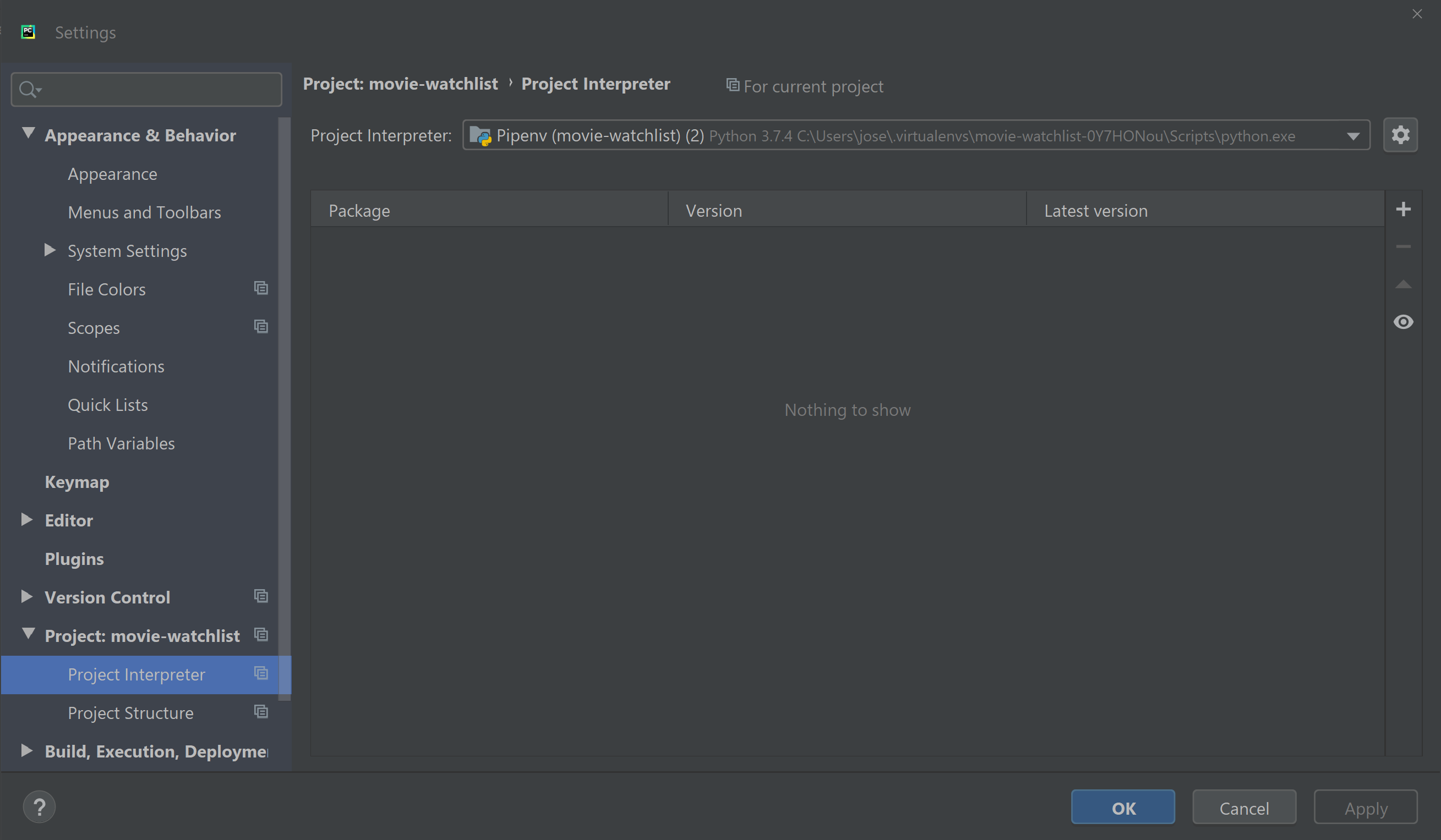

I/usr/include -I/usr/include/postgresql/server -c psycopg/typecast.c -o build/temp.macosx-10.6-intel-2.7/psycopg/typecast.o I've installed PostgreSQL 9.1 on my machine.Īlso, in the output, there are bunch of lines like this: gcc-4.2 -fno-strict-aliasing -fno-common -dynamic -isysroot /Developer/SDKs/MacOSX10.6.sdk -arch i386 -arch x86_64 -g -O2 -DNDEBUG -g -O3 -DPSYCOPG_DEFAULT_PYDATETIME=1 -DPSYCOPG_VERSION="2.4.4 (dt dec pq3 ext)" -DPG_VERSION_HEX=0x090004 -DPSYCOPG_EXTENSIONS=1 -DPSYCOPG_NEW_BOOLEAN=1 -DHAVE_PQFREEMEM=1 -I/Library/Frameworks/amework/Versions/2.7/include/python2.7 -I. Lipo: can't open input file: /var/folders/_4/p6l0y0t51hd4xbq7llbyshmw0000gn/T//cc0L10mI.out (No such file or directory)Įrror: command 'gcc-4.2' failed with exit status 1 I keep getting this error: ld: library not found for -lpq I can install Django by itself, but the probelm is with psycopg2. sudo apt-get install python-psycopg2 python-pip python-yaml sudo mkdir /db/etcd sudo. Įverything is working fine until I get to this part: $ pip install Django psycopg2 Red-Hat-based systems need to install the EPEL package for the. Make sure your IDE is using the correct Python version If the package is not installed, make sure your IDE is using the correct version of Python.

I am following Heroku's tutorial to deploy a Django app. The pip show psycopg2-binary command will either state that the package is not installed or show a bunch of information about the package, including the location where the package is installed.


 0 kommentar(er)
0 kommentar(er)
